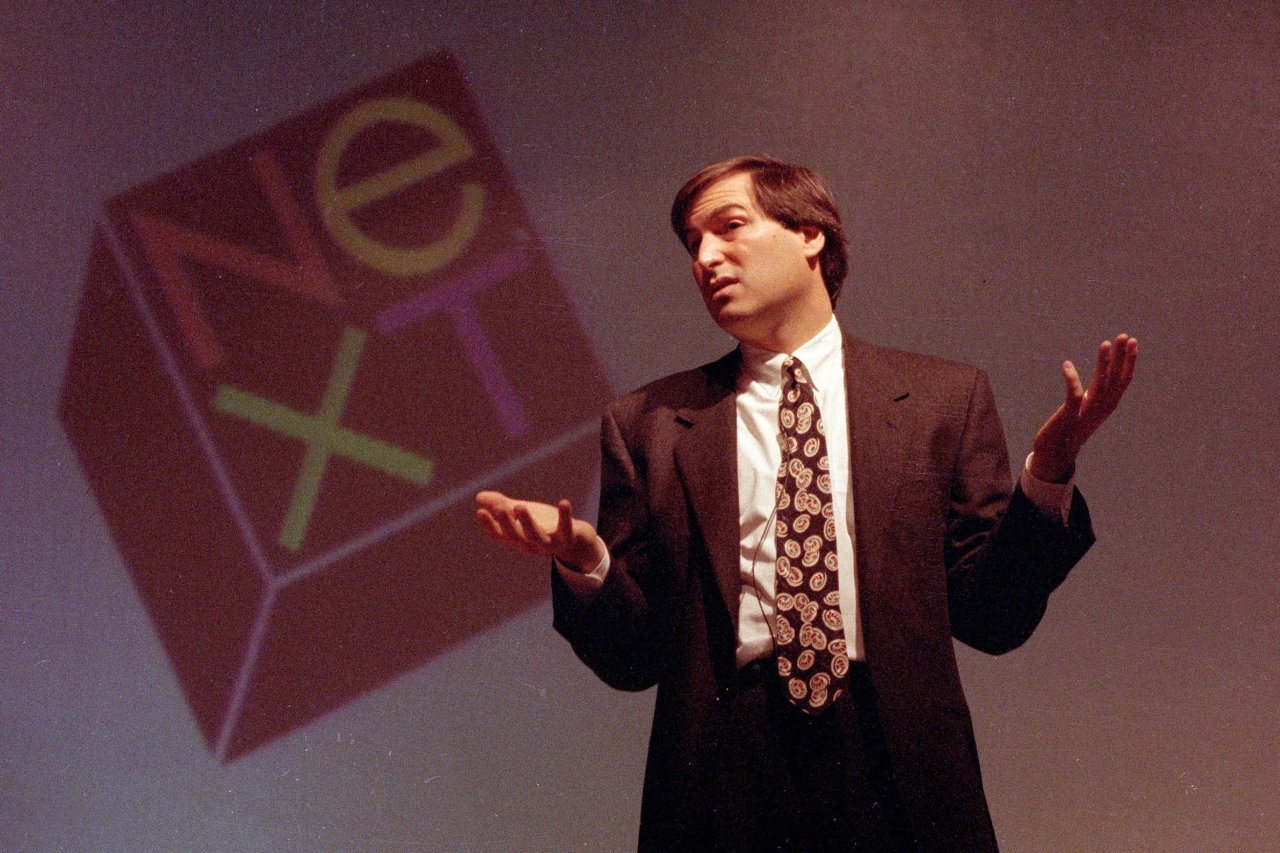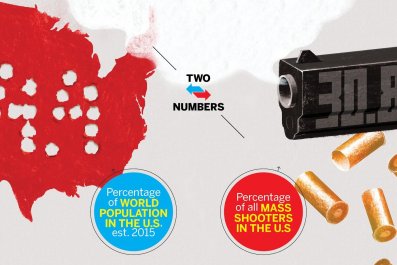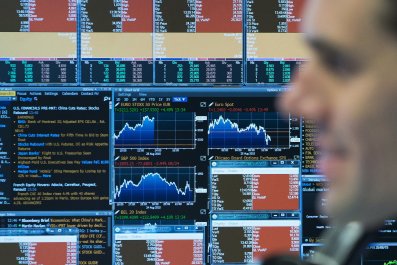Twenty years ago, Netscape ignited the dot-com boom with its initial public offering. And ever since, everybody in tech has been trying to figure out how to consistently spot the embryonic startups that are going to become the next supernovas.
The industry still sucks at it…which, perversely, is Silicon Valley's global competitive advantage.
This is a big point that's missing from most of the conversations about so-called unicorns—tech startups valued at more than $1 billion. The only way for the industry to breed a handful of unicorns is to fail a whole helluva lot. The type of failure we're talking about is like how frogs lay 20,000 eggs so a few wind up as adults sitting on a lily pad sucking down mosquito dinners.
The data from startup trackers like CB Insights show that less than 1 percent of venture-backed companies end up as enduring billion-dollar businesses—a stat that hasn't gotten any better since Netscape's time. Tech investor Mike Maples talks about seeking to put his money into "thunder lizards," his term for unicorns. "Thunder lizards are rare," he tells the class he teaches at Stanford University. "If in a given year there are 10,000 startups that get funded by angels and 1,500 get a Series A funding, then 80 companies will likely do well—but only 12 will be thunder lizards."
Maples or any other investor will tell you there is no way to know which early startups will become thunder lizards. Steve Vassallo of Foundation Capital quipped at a recent dinner I attended that he invests in "zero-billion-dollar companies," meaning startups that are so unusual, they're either going to explode onto the scene or crater. And he has no idea which will do which.
Failure goes to the heart of why Google reorganized into Alphabet. Not even CEO Larry Page knows for certain how to spot the next tech breakout success. Shareholders in a successful behemoth don't take kindly to lots of failure, so Google (or Alphabet or whatever) is shielding its core business while using orbital entities to gamble on a lot of stuff that will surely crap out in the hope that one or two will rocket the company into the next generation.
Yet here's the good news for Silicon Valley: If enormous failure is the only sure path to creating tech superstars, no place in the world is better set up for failure than Silicon Valley. The region should proudly hang a banner across University Avenue in Palo Alto that reads, "Failure is always an option!"
The U.S. tech industry's success in this regard begins with the American mindset toward failure, which is certainly real and very different from that of just about any other nation, where failure can bring shame, ostracism or jail time. In the U.S., the only real failure is giving up. Otherwise, we love a good comeback. Donald Trump's companies filed for bankruptcy four times. Rick Springfield has done nothing since the '80s, and now his co-star is Meryl Streep. The Uber guys founded crappy companies before Uber. And Steve Jobs is the most celebrated one-time fuckup of them all.
In tech, though, failure is more than attitude. Since Netscape's days, the failure business has been machined to perfection. It's easier to try and fail now more than ever.
Two decades ago, a startup pretty much had to turn to a few powerful venture capitalists for funding. Now there's a panoply of angel and early-stage investors, not to mention funding sites like Kickstarter. Amazon Web Services makes it simple and cheap for a cloud-based startup to rent computing power and distribution, eliminating major obstacles that in Netscape's day would've made failure expensive. Open-source libraries of code have vastly reduced the cost and time involved in assembling software for an app or online service.
Add up all those things, and initial startup costs have dropped by a remarkable factor. Conventional wisdom right now says that if in 1995 it would've cost $1 million to get a company off the ground, a similar company today might need just $10,000 to launch.
Put together culture and cost, and these days anybody in Silicon Valley can risk failure. So just about everybody does. Tech people in Silicon Valley start companies the way every Nashville resident who can hum writes songs. And that's a good thing. It means more tadpoles spawned, and more tadpoles leads to more unicorns—screw the mixed metaphor.
This failure rate is what other societies have trouble copying. You see stories all the time about countries trying to create a Silicon Valley—the U.K. with its Silicon Roundabout or the Start-Up Chile program. But they won't make a dent until they can churn out thousands and thousands of failures.
If you want a hint at a reason China is stalling or why Japan hasn't given the world anything interesting since the Sony Walkman or why we're not filling our iPhones with apps invented in India, it's because none of those countries can fail like we can. Other countries have loads of brilliant people capable of creating tech superstar companies, but the odds in this frog's-egg game are so bad and the rules so mysterious, the only true path to success is more failure than most cultures can stomach.
Someday, someone might figure out a better approach, and entrepreneurs and investors will be able to custom-craft unicorns. Rare individuals seem to know how to get it right more often than not. Rich Barton started Expedia, Zillow and Glassdoor without failing a thousand times. So maybe it's possible.
But don't bet on a magic potion anytime soon. Meanwhile, as they might say in tech circles, failure is a feature, not a bug.



















